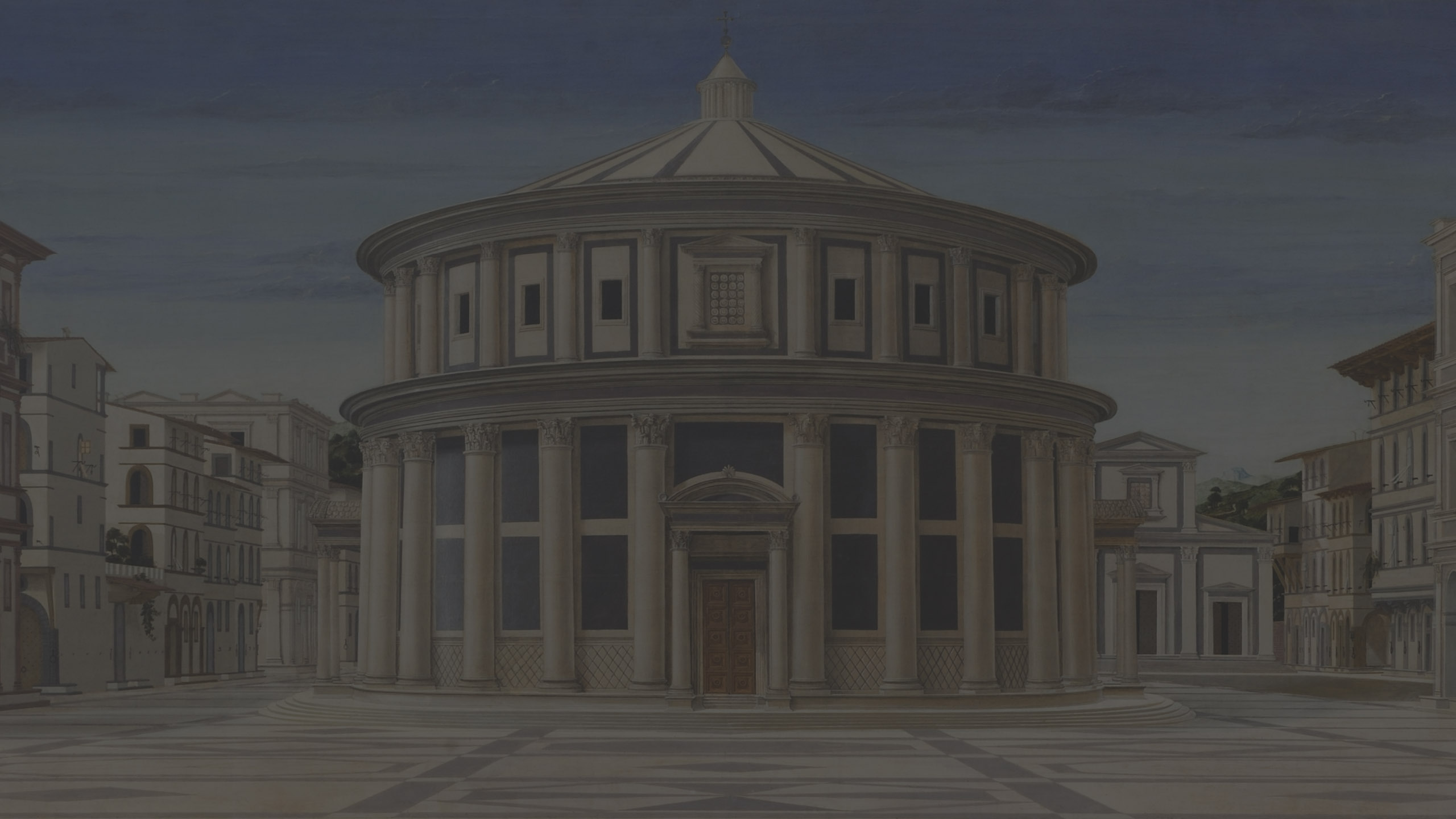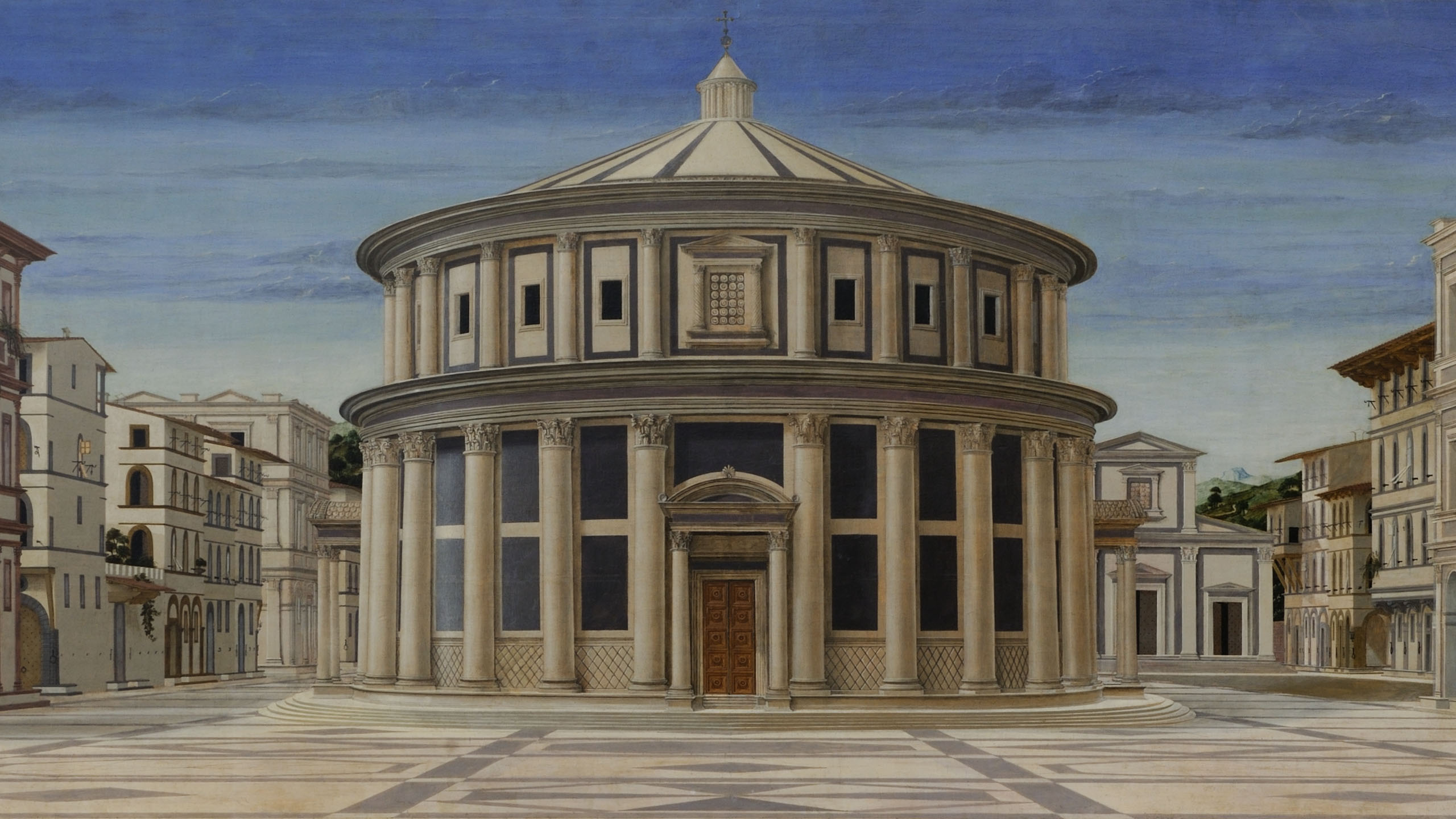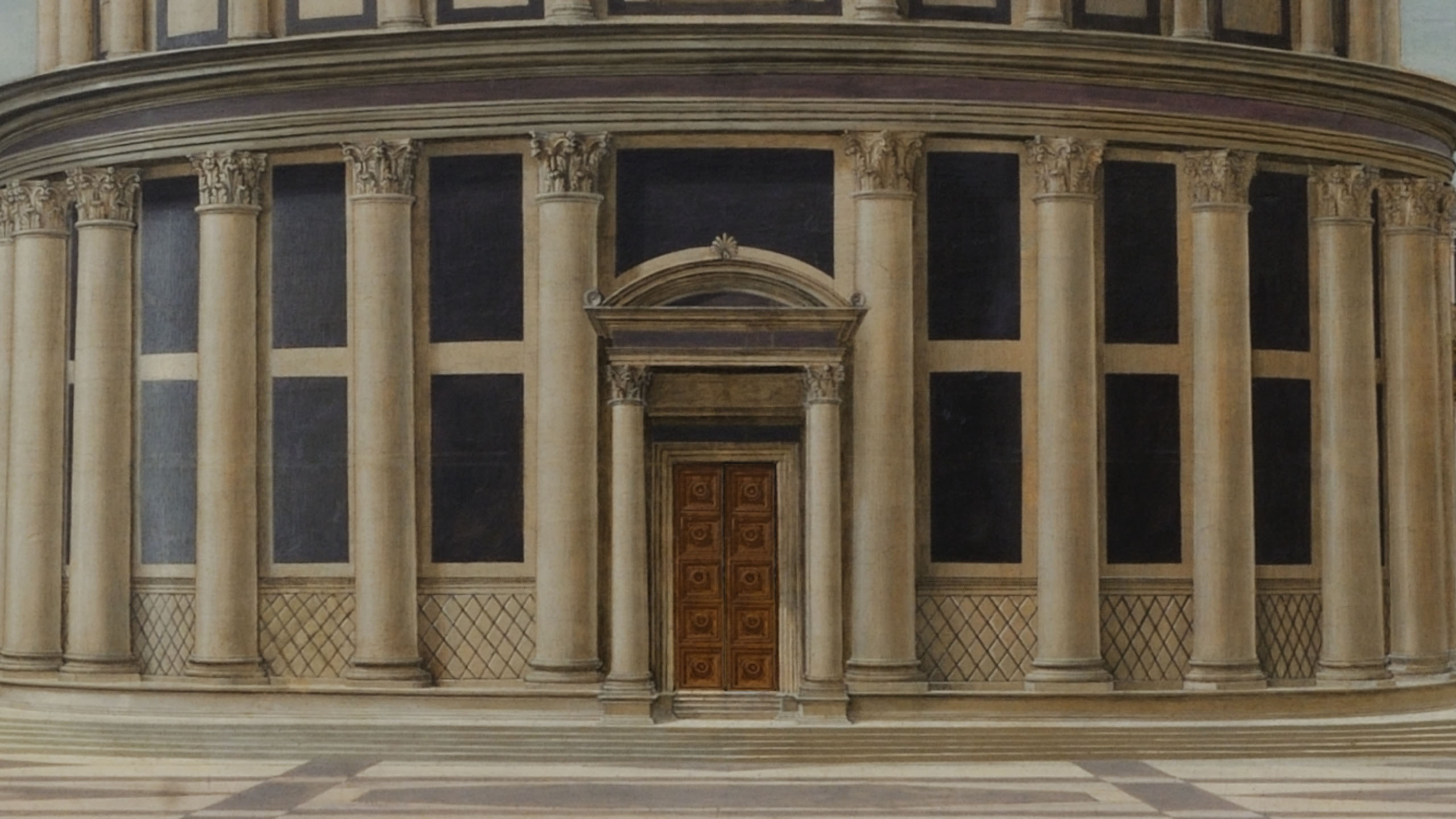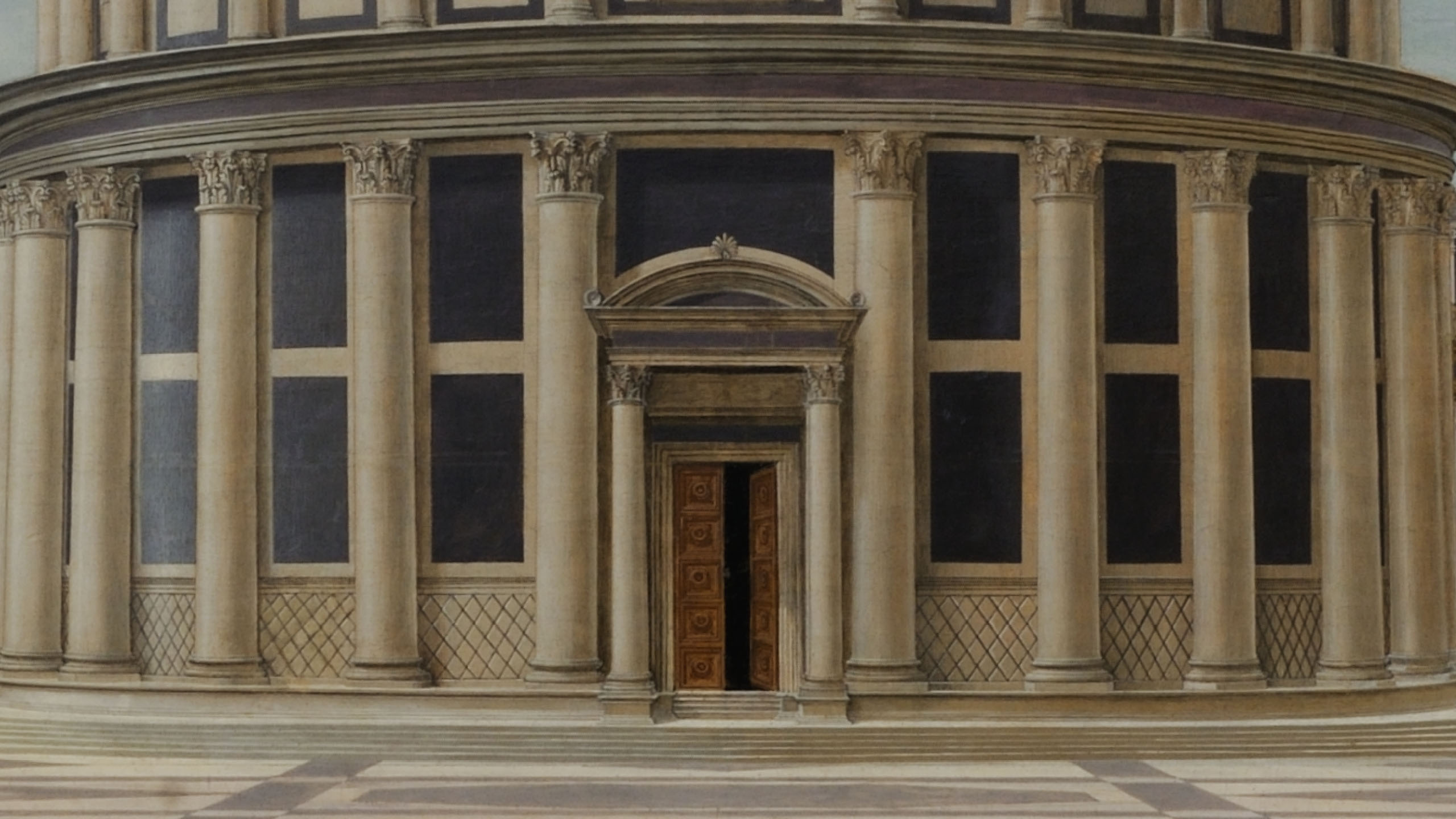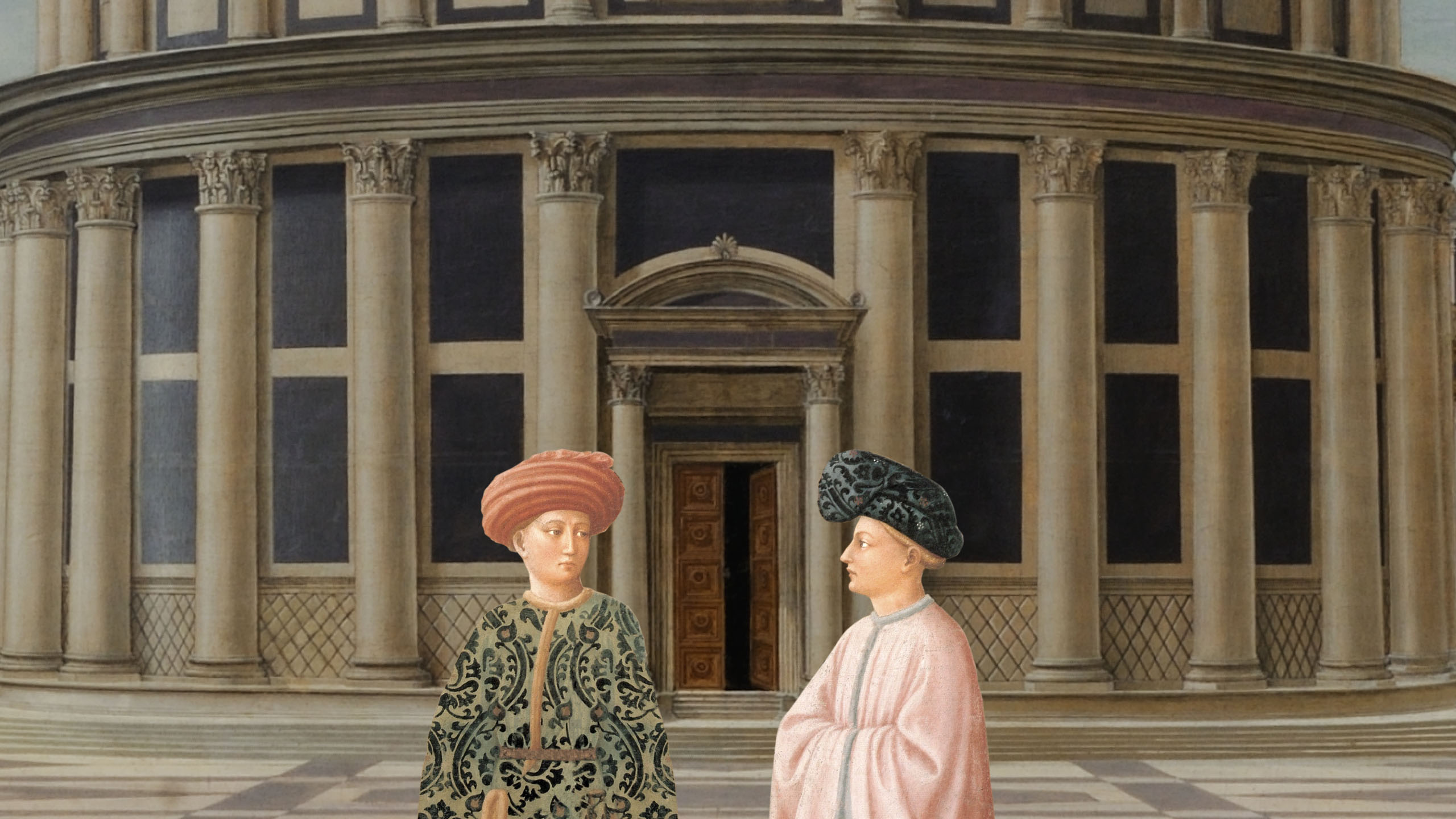Welcome to the ‘Stanze Italiane’
‘Stanze’, rooms of an ideal House where you can travel and discover Italy. The spaces, porticos, gardens and orchards of this House will welcome the arts, sciences and languages of the Italian civilisation, interpreted by the Italian Cultural Institute of New York. Each room will offer mostly unpublished contributions to help you understand the magical interweaving of past and future, memory and innovation, technique and beauty that informs the Italian cultural life, both in Italy and around the world.
Welcome to the
‘Stanze Italiane’
‘Stanze Italiane’
‘Stanze’, rooms of an ideal House where you can travel and discover Italy. The spaces, porticos, gardens and orchards of this House will welcome the arts, sciences and languages of the Italian civilisation, interpreted by the Italian Cultural Institute of New York. Each room will offer mostly unpublished contributions to help you understand the magical interweaving of past and future, memory and innovation, technique and beauty that informs the Italian cultural life, both in Italy and around the world.
